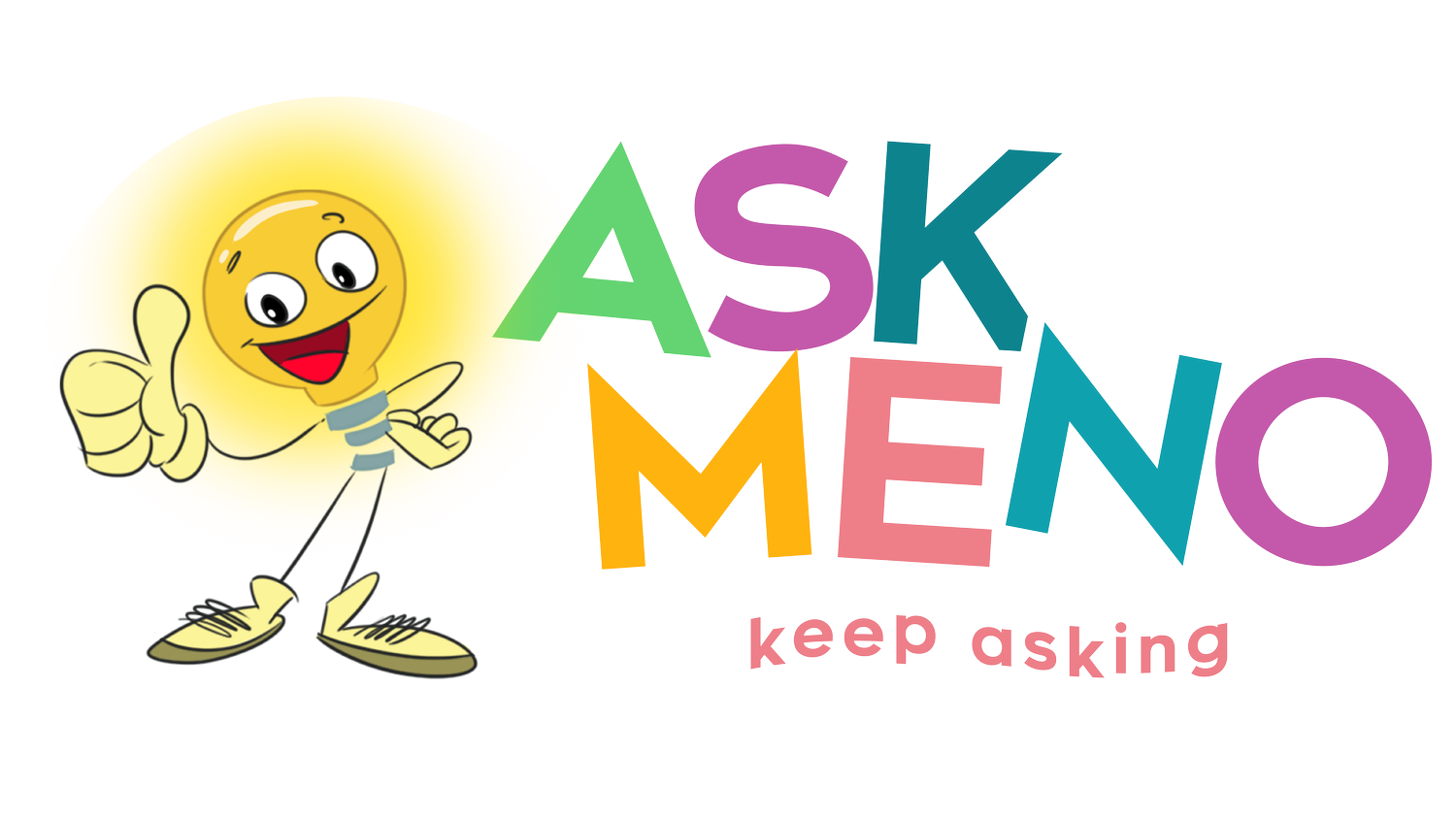Does Executive Functioning Have Its Proper Place in Your School’s Science of Reading Plan?
Science of Reading Models
It can be overwhelming to keep up with the essential components of literacy given the growing list of evidence-based reading models. Some of the most widely adopted include:
1. The Five Pillars of Reading,
2. The Simple View of Reading,
3. Scarborough’s Rope,
4. The Four-Part Processing Model, and
5. The Active View of Reading.
Because different models emphasize different aspects of the Science of Reading, the role executive functioning plays in early literacy may not be getting the attention it deserves in your curriculum.
What does this fancy phrase mean? It’s all about kids being attentive, distraction resistant followers of instructions, problem solvers, planners, and organizers. And we all know these life skills aren’t innate; they have to be explicitly taught.
Executive Functioning
For example: Take Active Self-regulation, which involves executive functioning (EF) skills. According to the Active View of Reading, it's just as important to teach explicit EF strategies to 4-6 year olds as it is phonics.
The last four years have had a significant negative impact on student mental health and EF development, which is a factor in low reading scores. Deficits in executive functioning are linked to negative mental health outcomes—like depression, ADHD, and OCD—and negative physical health outcomes like obesity. Impulsiveness and disruptive behaviors in kids with low EF are common, and they have a harder time socially. On the other hand, kids with higher EF enjoy a better quality of life.
According to a study published by the American Psychological Association, EF skills are more critical for kindergarten readiness than entry-level reading, math, or even intelligence. Like with any skill, repeated practice embedded in daily activities is necessary for growth. Instruction that includes games that target working memory, turn-taking activities for self control, problem solving activities, and modeling organization are all great ways to nurture students' executive functioning skills.
So does executive functioning have its proper place in your school’s Science of Reading plan?
Duke, N.K., & Cartwright, K.B. (2021). "The Science of Reading Progresses: Communicating Advances Beyond the Simple View of Reading." Reading Research Quarterly, 56(S1), S25–S44. https://ila.onlinelibrary.wiley.com/doi/10.1002/rrq.411
Morrison F.J., et al. (2010). "Self-Regulation and Academic Achievement in the Transition to School." Calkins S. D., Bell M., eds. Child Development at the Intersection of Emotion and Cognition. 203–24. https://psycnet.apa.org/record/2009-08923-011
About AskMeno
AskMeno is dedicated to helping early childhood leaders build the foundational oral language and social skills necessary for their young scholars’ reading comprehension and emotional wellbeing. AskMeno provides a play-based, teacher-facilitated supplemental curriculum that systematically and explicitly develops oral language and social skills through scaffolded, fun, and engaging learning activities.



